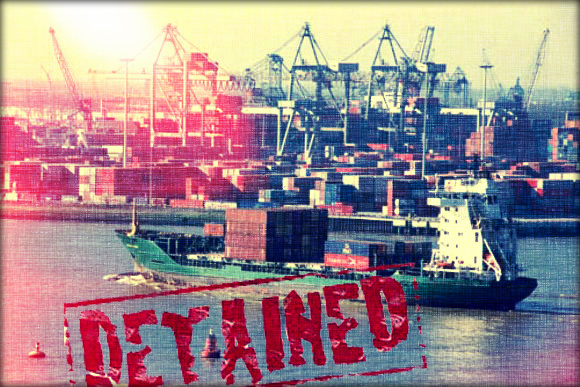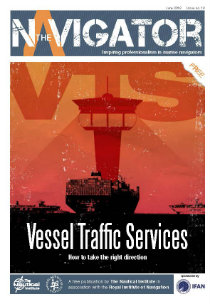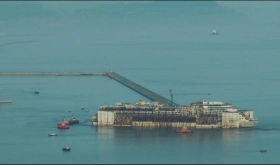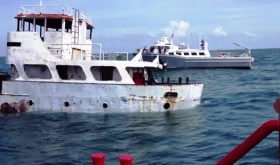The UK P&I released a bulletin today regarding a vessel which was detained for breaching the North Sea SECA regulations despite receiving bunkers which appeared, according to the bunker delivery note, of being within the required limits.
The vessel was detained in the port of Rotterdam for burning fuel in the North Sea SECA which had a higher than regulated amount of Sulphur. The bunker fuel have been supplied to the vessel by a bunker supplier in a North African port prior to arrival in Rotterdam.
The Dutch authorities carried out a port state inspection of the vessel, including an analysis of the bunker fuel on board. The results of the fuel analysis found levels of sulphur in the bunker fuel to exceed those permitted under the North Sea SECA regulations. The vessel was subsequently detained.
The vessel’s owner protested the detention on the grounds that the vessel had been sold the bunker fuel under false documentation and sought to expunge the detention from the vessel’s record. The Dutch authorities refused to acknowledge the role of the bunker supplier and rejected the members appeal.
Source: UK P&I














It was always expected that with the Emissions reporting measures necessarily adopted by MARPOL (necessarily to get the treaty ratified?) that there would be, as expressed in the MARTOB reports to the EU, every possibility that vessels will be non-compliant for reasons of financial benefit.
The MARTOB report stated that it is too easy to falsify both records and samples.
That said, what is the value of the MARPOL sample? It seems from what is reported on these occassions, that the MARPOL sample is not the criteria for establishing the vessel compliance but samples collected from the day tanks and settling tanks and, presumably, from the bunkers.
It seems always to have been the way for some operators to accept the Bunker Suppliers BDN as gospel and to only analyse fuel samples if there should prove a major problem with the fuel recieved. As I understand it only one PSA makes it a requirement that the vessel should verify the fuel quality by commercial sample analysis. If this is the case or not I cannot confirm but I’d be interested to learn the truth here.
Unofficially I was told by one testing agency that of the commercial samples they analysed, over 25% of MGO samplses showed a significant difference between the measured density and the density reported in the BDN and for HFO, over 50% and with a similar 50% showing significant viscosity differences.
This suggest that if the original sample upon which the supplier’s BDN was based was genuine, that between sample analysis and bunkering fuel quality was subsequently compromised.
Of course, without instruments of any kind there is no way to validate the samples nor to detect deviation between the fuel being bunkered and that described in the BDN or the original CQ (Certificate of Quality).
There is a simple and affordable solution which is to fit an inline density and viscosity sensor. This is a single sensor which reports both density and viscosity at process conditions and the density at 15C and kinematic viscosity at 50C.
Not only does this give a continuous real time measure of the density and viscosity for comparison with the BDN but it means that the samples collected must, if they are genuine, show density and viscosity values consistent with the data logged inline.
Of course, fuel quality is far from ideal and many of the problems with fuel quality arise not from fraud but poor fuel management. It means that even though the BDN may be in error the fuel may or may not be ISO 8217 compliant and it may or may not be MARPOL compliant.
Most quality issues can be resolved in disputes and the value of such measurements would be to make dispute resolution less problematic since the samples can be validated and there is no need for subsequent questionable samples from the bunker compartments when the commercial samples prove unreliable.
It is important that such measurements are collected in order to assist the dispute resolution process as discretion is needed if fuel price rises are to be avoided through over- emphasis son the fuel management issues where they do not impact on MARPOL. The primary value of the dispute process is then to address value for money issues.
What would be nice to learn from these cases is to what extent the BDN and the marpol and commercial samples are not consistent with the fuel in the bunkers.
Do the samples agree with the BDN?
The trouble is such data is not usually reported and some PSAs do not measure the degree to which the commercial sample differs from the original CQ i.e. measure the extent to which fuel quality has changed due to some mechanism or other, but for commercial reasons monitor dispute levels.
For information on inline density and viscosity systems and their potential role in resolving these issues see http://www.viscoanalyser.com.